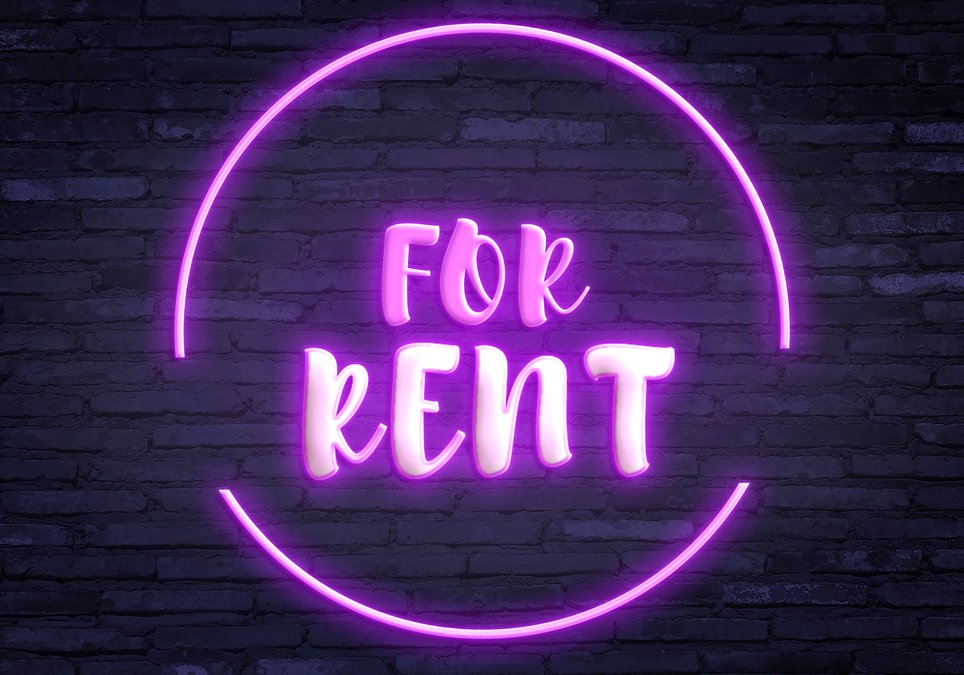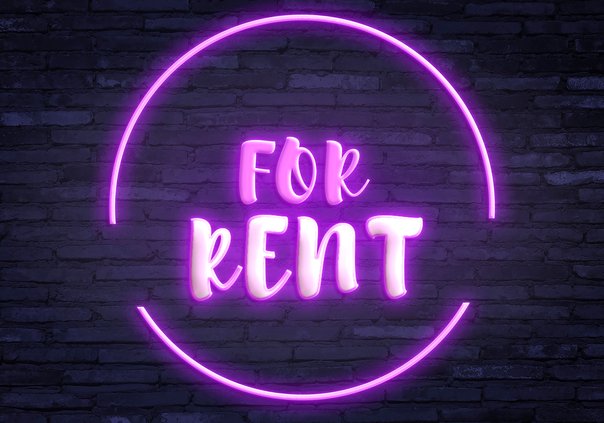With rental prices having experienced a 5.1 percent year-over-year increase last year, the personal-finance website WalletHub has released its report on 2025’s Best and Worst Places to Rent in America, as well as expert commentary.
To help prospective renters get the most bang for their buck, WalletHub compared more than 180 U.S. cities based on 21 key indicators of rental attractiveness and quality of life. The data set ranges from historical rental-price changes to the cost of living to job availability.
Best Cities for Renters
At the top of the list, Overland Park, Kansas was rated as the best city for renters across the country, followed by Scottsdale, AZ, second; Chandler, AZ, third; Gilbert, AZ, fourth; Bismarck, ND, fifth; Sioux Falls, SD, sixth; Huntsville, AL, seventh; Peoria, AZ, eighth; Lewiston, ME, ninth; and Nashua, NH rounding out the top ten. In California, Fremont was the city rated the best for renters, making the overall list at number 25.
Worst Cities for Renters
The bottom cities in the survey were Huntington, West Virginia at number 173, followed by San Bernardino, CA; Baton Rouge, LA; Jackson, MS; Newark, NJ; New Orleans, LA; Tacoma, WA; Cleveland, OH; Detroit, MI; and, at the bottom of the list, coming in at number 182, was Memphis, TN.
Best vs. Worst
Bismarck, North Dakota, has the highest rental affordability, with the lowest median annual gross rent divided by median annual household income at 15.34 percent. This is 2.3 times lower than in Hialeah, Florida, the city with the lowest at 35.22 percent.
Charleston, West Virginia has the highest rental vacancy rate, which is 10.4 times higher than in South Burlington, Vermont, the city with the lowest.
Newark, New Jersey, has the highest share of renter-occupied housing units, which is 4.5 times higher than in Port St. Lucie, Florida, the city with the lowest.
Brownsville, Texas, has the lowest cost-of-living index, which is 2.4 times lower than in Honolulu and Pearl City, Hawaii, the cities with the highest.
Warwick, Rhode Island, has the fewest violent crimes (per 1,000 residents), which is 51.3 times fewer than in Oakland, California, the city with the most.
“In the best cities for renters, rent can cost you as little as around 15 percent of your income. You’ll also have access to robust laws that protect renters, such as limiting deposits to only a month or two of rent. Our study also considers quality-of-life factors such as a city’s traffic congestion, job market or recreation options to make sure you can get a good living experience, not just inexpensive housing,” said Chip Lupo, WalletHub Analyst. “Overland Park, Kansas, is the best place to rent, boasting the highest average home square footage in the country, at 2,809 square feet. It also has the eighth-best rental affordability, with the average person only spending around 17 percent of their annual income on rent. In addition, only around 18 percent of households pay more than 50 percent of their income for housing, the eighth-lowest share in the country.”
To view the full report, visit: https://wallethub.com/edu/best-cities-for-renters/23010
Expert Commentary
What tips do you have for a person looking to get the best value in an apartment?
“When looking for an apartment, renters should take into account all of the costs that are associated with their housing options. For example, you may be able to rent a less expensive apartment on the outskirts of the city where you work, but you should factor in the expense (time and money) of commuting compared to renting an apartment closer to your job. Also, consider what is important to you: a pool or gym in an apartment complex can be worth paying extra for, but if you don’t value these amenities, why pay for them?”
Kellen Zale – Professor, University of Houston Law Center
“Location is crucial. If commuting isn’t a concern, consider living farther from city centers to access more affordable options. If commuting is necessary, factor in both travel time and fuel expenses. Don’t remain in your current apartment without periodically assessing market rent – especially in a weak market, where prices may drop and properties often introduce substantial discounts or incentives. As your lease nears its end, explore other options to ensure you’re getting the best value.”
Lei Wedge – Associate Professor, University of South Florida
What are the most common mistakes that renters make when searching for a new apartment?
“Renters start looking for an apartment without knowing what features they need. Renters should consider what is important to them first, such as being close to work, or perhaps within walking distance to a park or library, and rank those desires in the order of importance. Another way to organize these can be into the categories of ‘need’ and ‘want’ to start figuring out what features are an absolute must that they are not willing to compromise on or forgo. It may be hard in their area to find a unit with all of their desired features in their price range, so it’s important to also be ready to compromise on the features they were hoping for. A renter can also ask the landlord if a feature they were hoping for isn’t there; for example, if they wanted a dishwasher but the unit doesn’t have one, a renter can ask the landlord if they’re willing to install one or if the tenant can install one. There will likely be additional expense to the tenant for these types of requests if granted, but if it’s just one feature that the renter was hoping for that isn’t there, and the unit otherwise meets all their needs and wants, it’s worth asking rather than assuming it can’t happen and walking away.”
Kristen Haseney, J.D. – Assistant Extension Professor, UConn; Faculty Advisor, UConn Real Estate Society
“One common mistake is not reading the lease before signing it. The lease contains important provisions about the landlord’s and tenant’s rights and obligations, such as whether subletting is permitted, who is responsible for repairs, whether pets are allowed, etc. Renters should make sure they read the lease, and if there are provisions they have questions about, discuss them with the landlord before signing the lease. It might not be possible to change standard lease terms, but if the parties do agree to changes, put them in writing before signing the lease.”
Kellen Zale – Professor, University of Houston Law Center
How can local policymakers make housing more affordable for renters without upsetting homeowners?
“Local policymakers can help supply tenants with the tools to pay their lease in full, on time, and what that looks like may vary from location to location. In some places it might mean supporting more jobs in the local area, in others it might mean rental subsidies paid directly to the landlord to support higher rental prices. It’s important for tenants to let their local policymakers know what they need to be successful in their lease, but landlords also need to communicate to local policymakers how to best support them as well. It’s about having open lines of communication.”
Kristen Haseney, J.D. – Assistant Extension Professor, UConn; Faculty Advisor, UConn Real Estate Society
“Rents across the country have been rising faster than incomes, and renters in many cities are considered ‘rent-burdened,’ meaning they have to spend more than 30 percent of their monthly income on rent. There are many strategies policymakers can consider to address rental affordability, such as: tax incentives for conversion of underutilized commercial offices to apartments; public-private financing partnerships to support the construction of workforce housing; rental support for public employees like teachers; and updating zoning codes to allow development as of right for accessory dwelling units and ‘missing middle’ housing (such as duplexes and garden apartments). Numerous studies have shown that rental housing does not lower homeowner property values. Furthermore, when a community has a diverse mix of housing options, it can better support all segments of the population. Adopting policies to make renting more affordable ensures that Gen Z workers just out of college can live where job opportunities are; that retirees on fixed incomes can remain in their communities; and that teachers and health care workers can live near the schools and hospitals they work in. We all benefit when these members of our community have access to affordable and safe rental housing.”
Kellen Zale – Professor, University of Houston Law Center





